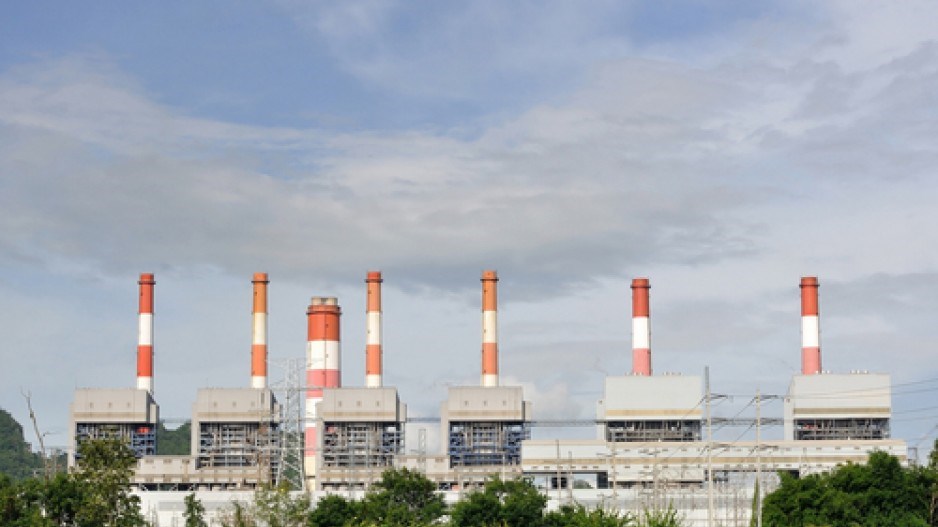B.C. has been meeting its short-term greenhouse gas reduction goals, but might need another recession if it wants to continue hitting its targets.
B.C. reduced greenhouse gas emissions by 2.9 million tonnes – 4.5% – between 2007 and 2010, according to the BC Greenhouse Gas Inventory Report 2010.
"The success we've achieved to date is like taking one million cars and their
emissions off the road and is a testament to choices being made by British
Columbians every day to reduce the amount of fuel they use and to power their
businesses with cleaner energy," said B.C. Environment Minister Terry Lake.
Economics may have played some role in the reduction, however. Lake confirmed at a press conference that 3% of the reduction in GHG was likely related to the reduced consumption that resulted from the recession.
But Tom Pedersen, a director with the Pacific Institute for Climate Solutions, points out that other provinces were also affected by the recession. Compared with all other provinces, B.C. made considerable strides in reducing its GHGs.
“Our economy continues to grow at a rate that is at least equal to what’s happening across the country,” Pedersen told Business in Vancouver. “At the same time our consumption of fuels has gone down, where it has not gone down in other sectors of the country. The Canadian average fuel consumption is up; in B.C., the fuel consumption is down.”
While Pedersen praises B.C.’s climate action initiatives so far, he has doubts B.C. can meet its targets, as the province’s liquefied natural gas industry develops.
Premier Christy Clark recently announced her government will designate natural gas “clean energy” if used to liquefy natural gas. However, that will significantly increase GHGs.
“I would say we are one step forward, one step back,” Pedersen said.
Policies and incentives the B.C. government has implemented to reduce greenhouse gases include:
- the clean energy vehicle program, which offers point of purchase price reductions for electric, hybrid and hydrogen fuel cell vehicles;
- incentives for energy efficiency retrofits in buildings; and
- incentives for utilities to switch to natural gas buses, trucks and ferries.




